
Viewpoint: Biofuels producers bullish on LCFS plans
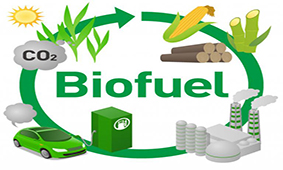
Producers have already benefited from a trio of low-carbon fuel standard (LCFS) mandates on the Pacific coast — California, Oregon and British Columbia. Soon they could find new markets across the continent.
In Washington state, the Puget Sound Clean Air Agency's draft LCFS rule would require a 25pc reduction in the carbon intensity of transportation fuels by 2030. If implemented, it would be the most stringent clean fuels program along the US west coast. The agency's board will consider action on a final rule as early as 27 February.
At the same time, Washington state lawmakers remain keen to get an LCFS out the door. State representative Joe Fitzgibbon (D) plans to re-introduce LCFS legislation that nearly made it through the legislature this year. His new bill would mirror the previous one (HB 1110), which would have required a 10pc cut in the carbon intensity of transportation fuels by 2028, and a 20pc cut by 2035. HB 1110 passed the House of Representatives but ran into opposition in the state Senate.
With a large refining complex in Washington state, biofuels producers are eyeing a large source of demand if that clean fuels program becomes law.
Biofuels producers in the midcontinent that have been sending product to California to take advantage of record-high credit prices in that state's LCFS may get a new market to their east. Members of the New York State Assembly are asking governor Andrew Cuomo (D) to include an LCFS as part of his proposed budget next year.
New York Assembly member Carrie Woerner (D) earlier this year sponsored a bill to create an LCFS that would require a 20pc reduction in the carbon intensity of transportation fuels by 2030. The bill has yet to receive a vote in committee. But the sweeping climate legislation Cuomo signed into law in July could provide a new vehicle for enacting a fuels mandate.
And Colorado is also considering an LCFS to help meet its new emissions reduction goals. The state is undertaking a scoping study, which will be completed by June.
Canada early in 2020 will propose a Clean Fuel Standard that could provide a significant opportunity to grow the alternative fuel's market. It would be similar to the existing LCFS programs in British Columbia, California and Oregon, and would require an 11pc reduction in the carbon intensity of transportation fuels by 2030. Canada aims to launch the liquid fuels portion program in 2022.
The British Columbia government early in the new year will propose legislation to extend its LCFS to require a 20pc reduction in the carbon intensity of transportation fuels by 2030, which would match California's stringency. The current LCFS requires a 10pc cut in carbon intensity by 2020.
But even if none of the proposed clean fuel standards came to fruition, the fact that the California and Oregon programs will be more stringent in 2020 will provide additional demand for biofuels.
California's LCFS in 2020 will mandate a 7.5pc carbon intensity reduction, up from 6.25pc in 2019. Oregon's target for the new year will be 2.5pc, the next step on the way to a 10pc cut by 2025.
Electric vehicles a threat to biofuels
While clean fuels programs provide ample reason for biofuels producers to be bullish, states also are moving to support zero-emission vehicle (ZEV) growth. And California is unsurprisingly leading the charge on this front.
The state Air Resources Board (ARB) has been increasing its mandates on zero-emission vehicle use, in line with the state's goals set under former governor Jerry Brown to hit a target of 5mn ZEVs by 2030.
California is requiring all of its transit agencies to switch completely to zero-emission buses by 2040. And in June, California regulators unanimously voted to require that all airport shuttles operating in the state be powered by electricity by 2035.
Other programs administered by the ARB, including the clean vehicle rebate program, also encourage growth in the ZEV market. The state's LCFS awards compliance credits to the use of electric vehicles and the deployment of fast charging stations. It also requires utilities to use LCFS credit revenue to fund EV rebates.
None of this has been lost on biofuels producers. They argue that the state is directing a disproportionate amount of funding to EVs, to the detriment of fuels like biodiesel, renewable diesel, and renewable natural gas that are ready alternatives to gasoline and petroleum diesel, particularly in the medium- and heavy-duty sectors.
"We are carrying the load with LCFS credit generation. But ZEVs are getting all the attention and the lion's share of the funding," California Advanced Biofuels Alliance Tyson Keever said earlier this year. "Biofuels are not getting the credit that is due."
For many biofuels producers, EV is the dark spot on an otherwise bright future for increased growth.
By Jessica Dell


Gold price eases after Trump downplays clash with Fed chair Powell

Copper price hits new record as tariff deadline looms
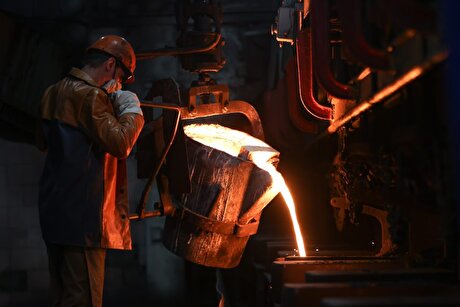
Brazil producers look to halt pig iron output as US tariff threat crimps demand

Three workers rescued after 60 hours trapped in Canada mine

Gold price could hit $4,000 by year-end, says Fidelity

Chile’s 2025 vote puts mining sector’s future on the line

US targets mine waste to boost local critical minerals supply

Energy Fuels surges to 3-year high as it begins heavy rare earth production
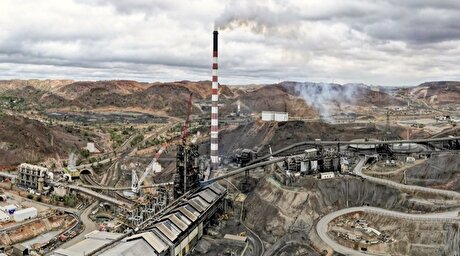
Glencore workers brace for layoffs on looming Mount Isa shutdown

Trump tariff surprise triggers implosion of massive copper trade

Maxus expands land holdings at Quarry antimony project in British Columbia

BHP, Vale accused of ‘cheating’ UK law firm out of $1.7 billion in fees
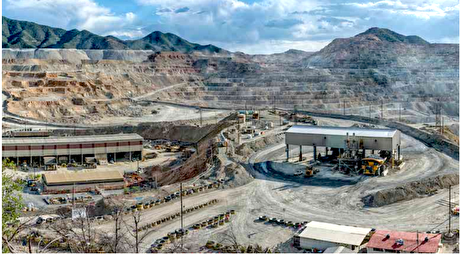
Southern Copper eyes $10.2B Mexico investment pending talks
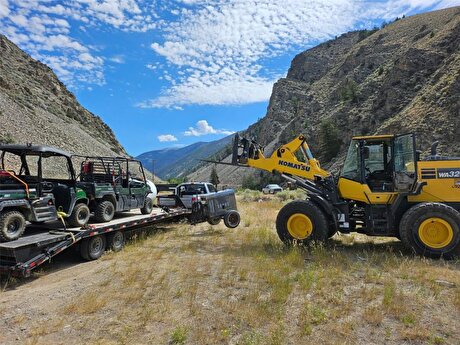
American Tungsten gets site remediation plan approved for Ima mine in Idaho
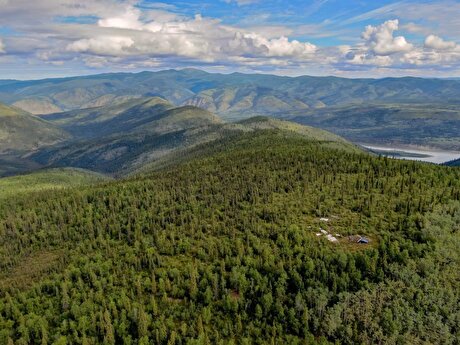
Kinross divests entire 12% stake in Yukon-focused White Gold

Gold price could hit $4,000 by year-end, says Fidelity

Southern Copper expects turmoil from US-China trade war to hit copper

Ramaco Resources secures five year permit for Brook rare earth mine in Wyoming

Column: EU’s pledge for $250 billion of US energy imports is delusional

Trump tariff surprise triggers implosion of massive copper trade

Maxus expands land holdings at Quarry antimony project in British Columbia

BHP, Vale accused of ‘cheating’ UK law firm out of $1.7 billion in fees

Southern Copper eyes $10.2B Mexico investment pending talks

American Tungsten gets site remediation plan approved for Ima mine in Idaho

Kinross divests entire 12% stake in Yukon-focused White Gold

Gold price could hit $4,000 by year-end, says Fidelity

Southern Copper expects turmoil from US-China trade war to hit copper

Ramaco Resources secures five year permit for Brook rare earth mine in Wyoming














